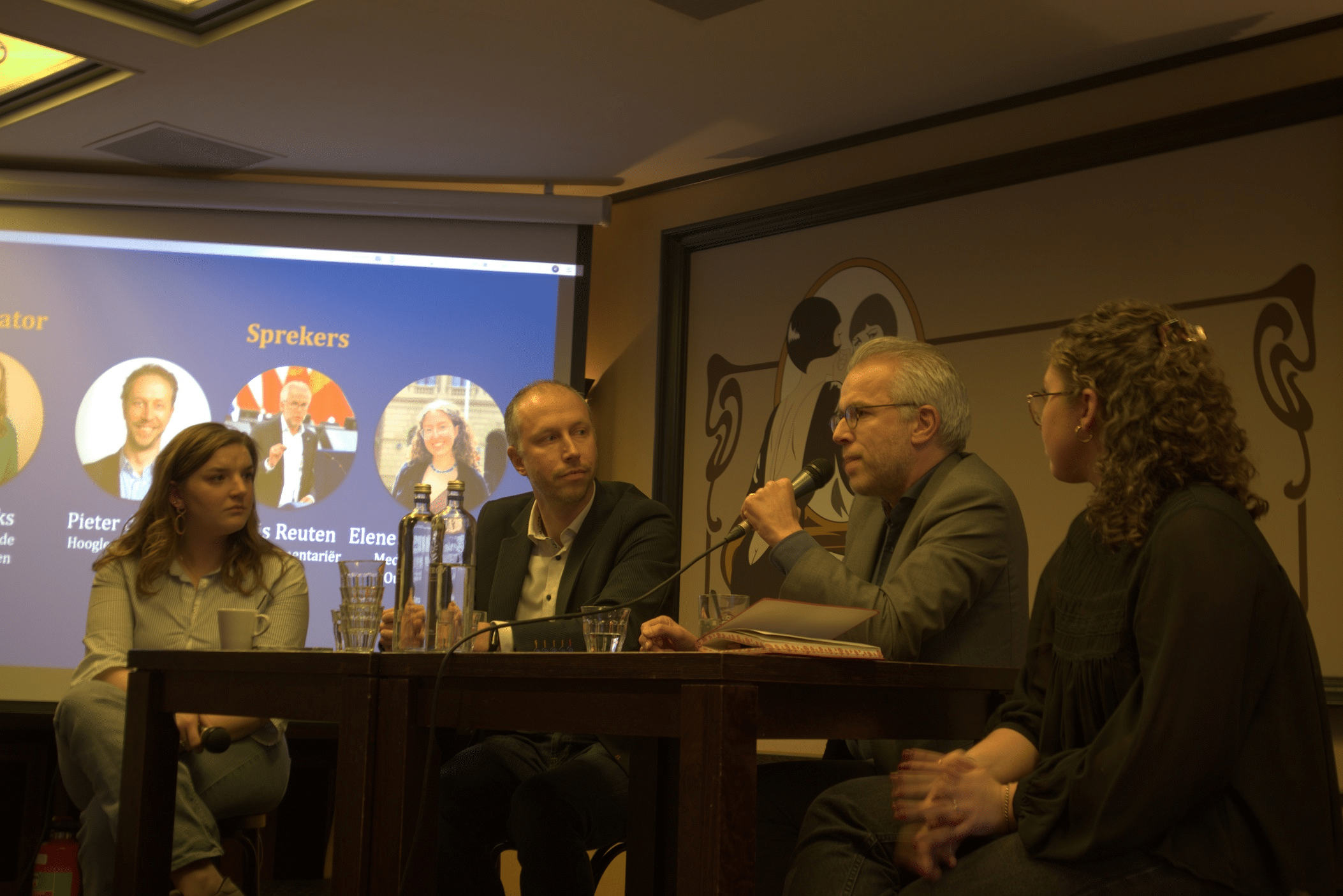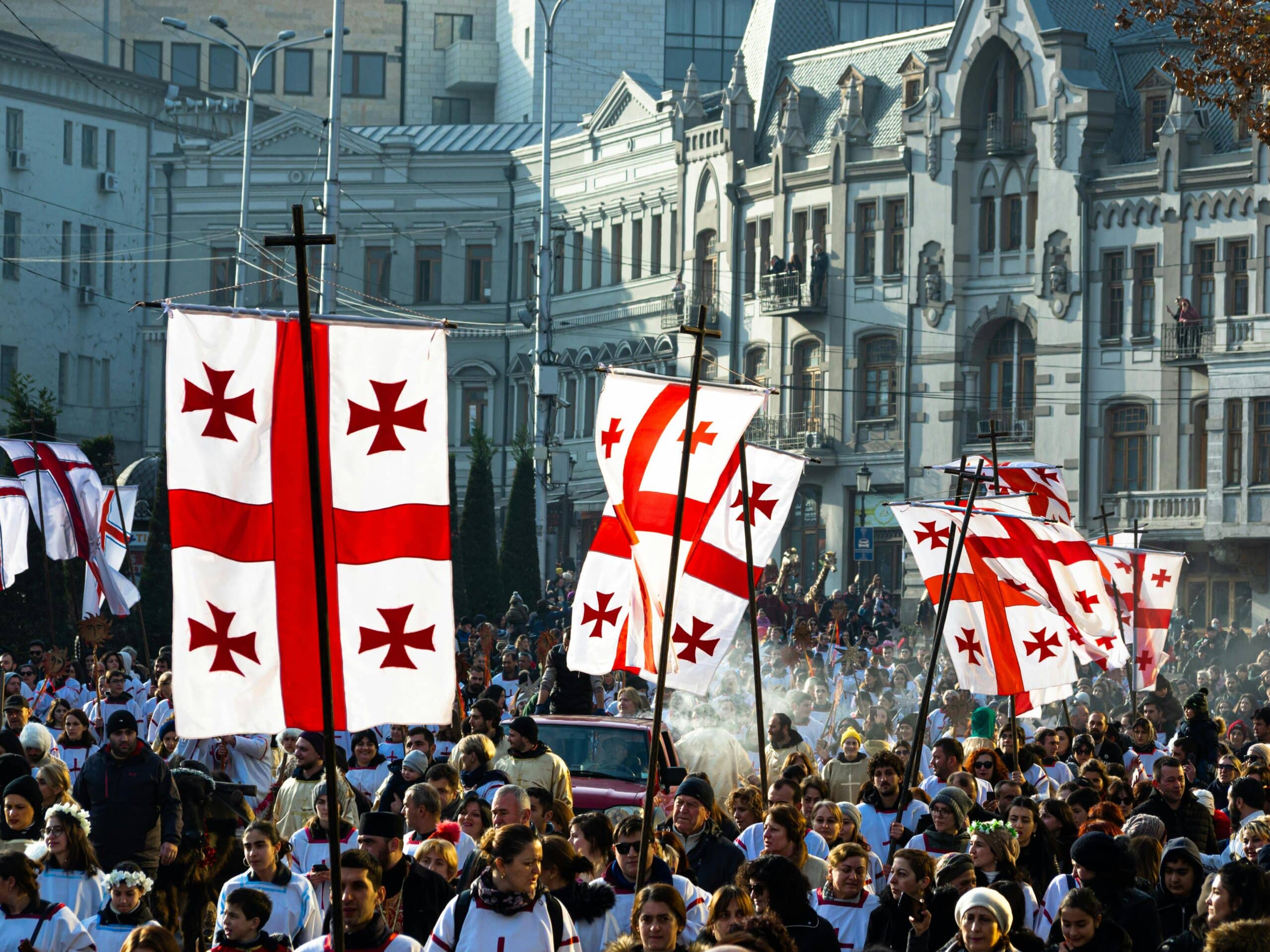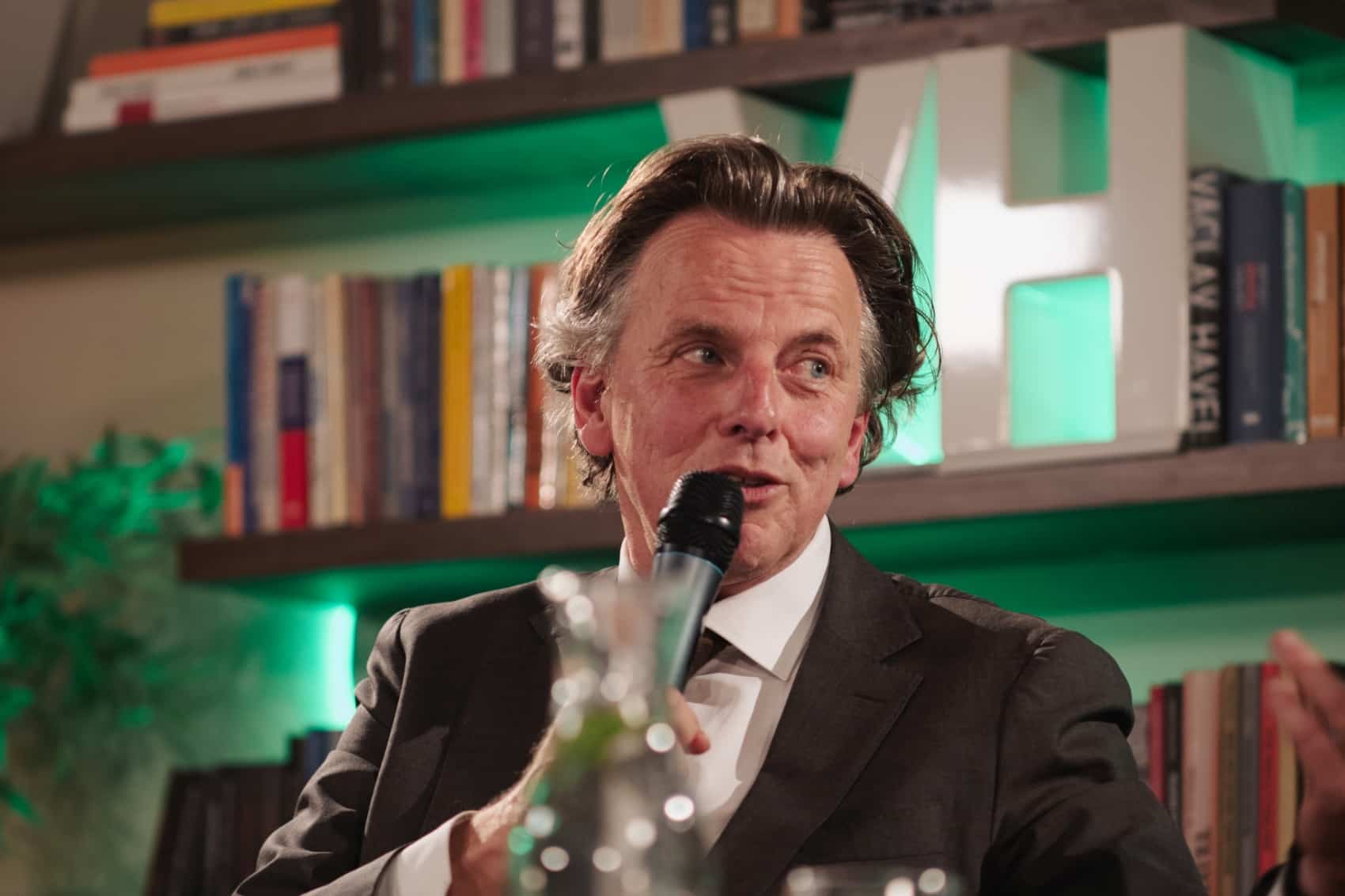Klaus Iohannis gets a new mandate with two-thirds of the votes in the second round of Romania's presidential elections. His opposing candidate, Viorica Dăncilă of the former Communists, is not giving in to pressure to resign as PSD party leader for the time being.
West
The difference between the two candidates was large, about 30 %. Turnout was low, about 50 %. Iohannis, one of the 25,000 ethnic Germans still living in Romania, is invariably labelled in the Western European press as Westernist. But this is not the main difference with Dăncilă. In Romania, you come across very few Moscow lovers Against.
However, the incumbent owes his extended term largely to Romanians emigrating to the West. Some 4 million of them live abroad, mostly in Spain and Italy, and these diaspora voters always vote overwhelmingly against the PSD. Whoever the other candidate is.
What was there to choose
Viorica Dăncilă, a former backbencher in the European Parliament who went on to become party leader as a seatbuster, was made a laughing stock by one of her own party barons in public labelled as no great light. Therefore, the main difference was not the personal baggage of the two candidates, as Iohannis too has a bland, aloof and opportunistic image.
The battle was between the status quo, with systemic corruption, grabbing from the government coffers, nepotism and an agonising lack of decisiveness on the one hand, and on the other, the promise of one day becoming a "normal" European country, something the new middle class dreams of: proper civil servants, good public services and a competitive economy. The PNL, the party from which Iohannis hails and which therefore supported him in these elections (in Romania, the president is officially party-less) also certainly does not have an immaculate image. But the second round of elections was no longer about nuance.
And now?
Iohannis now begins his second (and last) term with a boost: directly elected with a large majority. The interim government is of his own political colour, so until next year's parliamentary elections, things can continue. The Romanian president's powers are not as great as those of the French, but through various roles, appointment powers and mandatory consultations, he can influence the government's pace. Hopefully the government will not succumb to the temptation to choke off economic growth in subsidies and wage increases before the elections
By: Johan Bouman
Photo: Flickr





